10 Nigerian Foods You Should Taste
Jollof Rice
What it is: Jollof base ingredient is always rice, fresh tomato and/or tomato paste, pepper, onion and scotch bonnets. It can be customized according to your preference by adding mixed vegetables if you want (please don't). Best enjoyed with piping hot dodo and chicken.
Bean and Plantain Pottage
What it is: A pottage made of beans, palm oil and plantains. It is most commonly made with yams (Nigeria is one of
the top producers of yam in the world). This variation balances the
nuttiness of brown beans with the natural sweetness of plantains, and
the palm oil adds a rich smoky taste to it.
Suya
What it is: Skewers of intricately spiced cuts of meat, grilled to perfection over an open flame. Often served with chopped onion, tomato and cucumber. It is a specialty of the Hausa people of northern Nigeria and Niger.
Moi Moi
What it is: A (vegan!) dish made of peeled Nigerian brown beans ground together with onions, bell pepper, vegetable oil and spices, and steamed in banana leaves (or other vessels). Based on preference you can add any combination of extra bits to it: flaked fish, slices of hard boiled eggs and/or ground beef.
What it is: A "dry" leafy vegetable soup from
the Cross River region of Nigeria. The iron-rich greens are a mixture
of a fluted pumpkin leaf and water leaf. In places where
these leaves are unavailable, people substitute spinach. People also use
a mix of meats and seafood, and periwinkles for authenticity. Served hot, with pounded yam.
Pepper soup
What it is: A thin, very spicy soup or broth, filled with assorted cuts of meat or fish and scented leaves. Based on preference one can add boiled plantain or yam. The spices used vary depending on the region; every ethnic group has its own unique take, making use of local scented leaves and spices.
Dodo
What it is: Pronounced "doh-doh", these are deep fried plantains,
cut in slim diagonal slices, circles or cubes and deep-dried. Some people like to sprinkle some salt on
before frying, but that's down to personal taste. It can used as a main meal or side
dish.
Banga soup
Nkwobi
What it is: Spicy cow foot served in a thick palm oil-based sauce. For that authentic taste, you must use utazi leaves and palm oil.
Ofada Stew & Rice
What is it: One of the most sought after Nigerian dish. Ofada is a hot & spicy sauce made with a combination of Iru, green peppers & red peppers, assorted meats, seafood, dried fish, a combination of palm oil and red oil. This dish is native to the Yorubas.











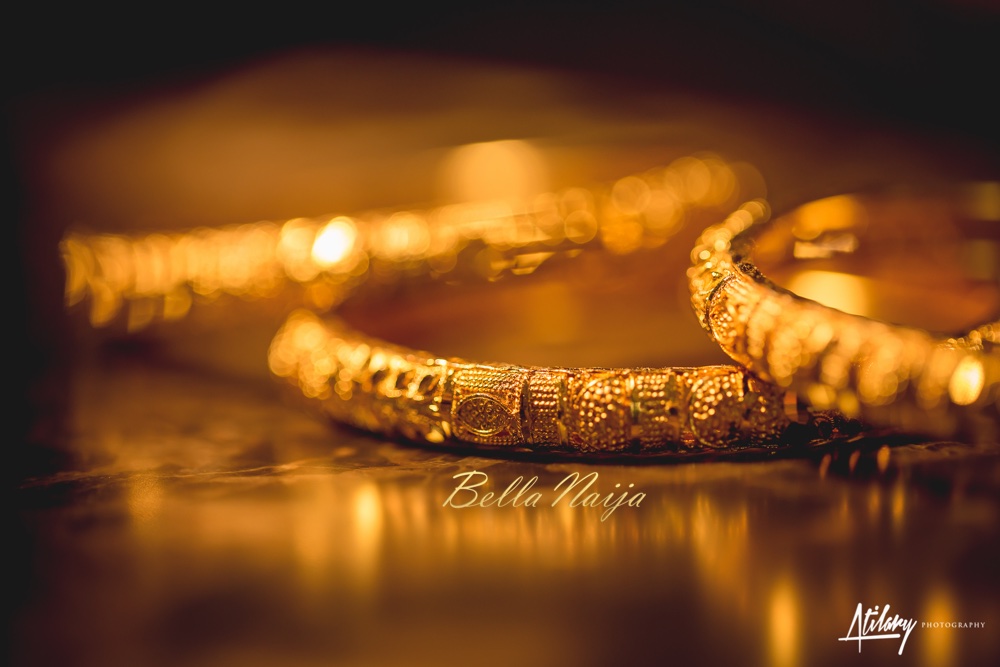
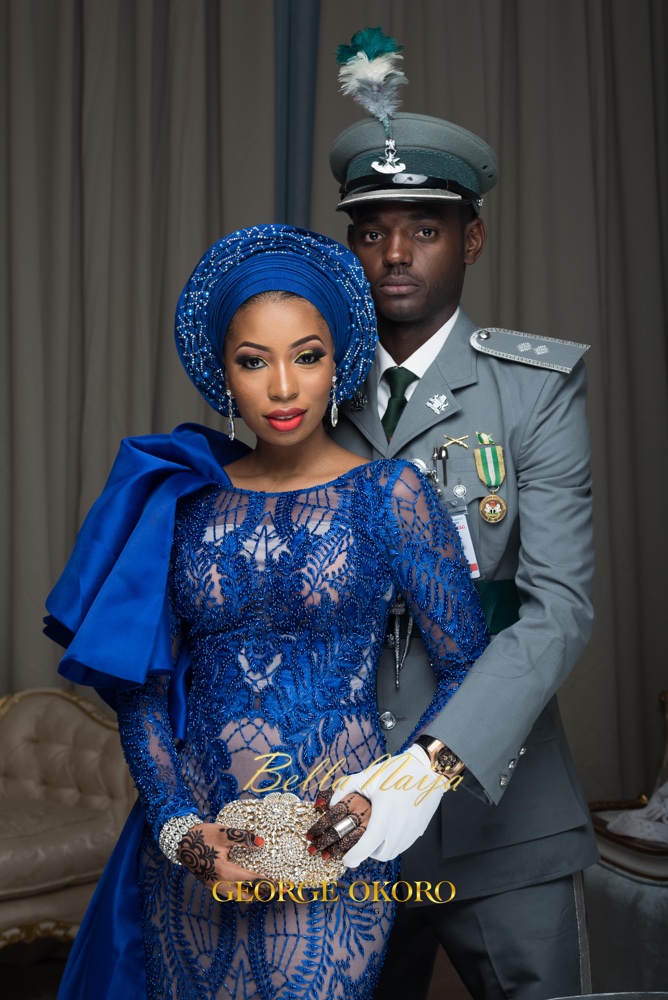
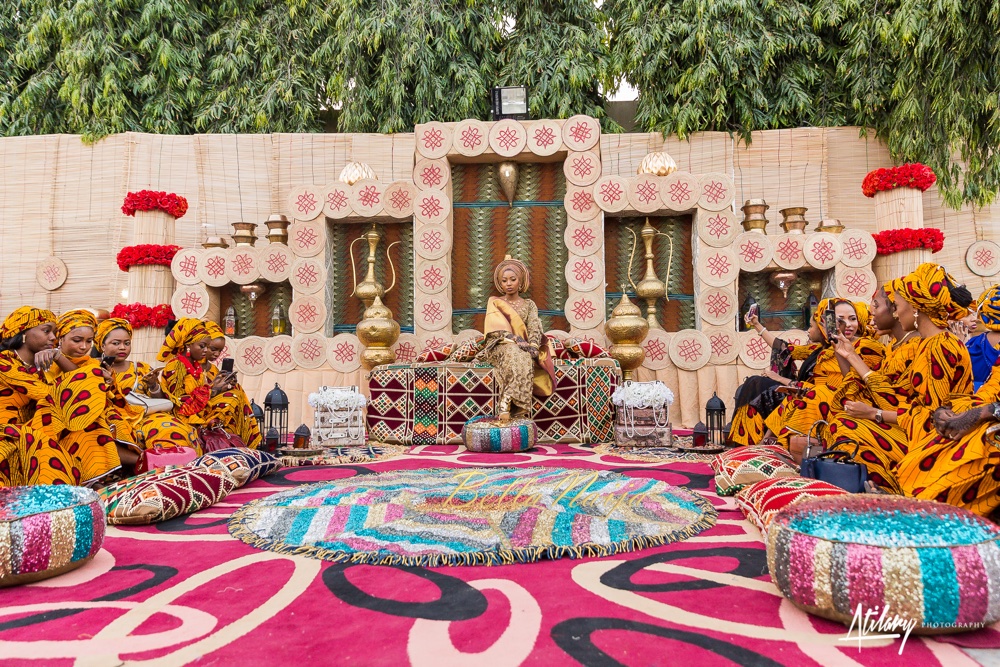
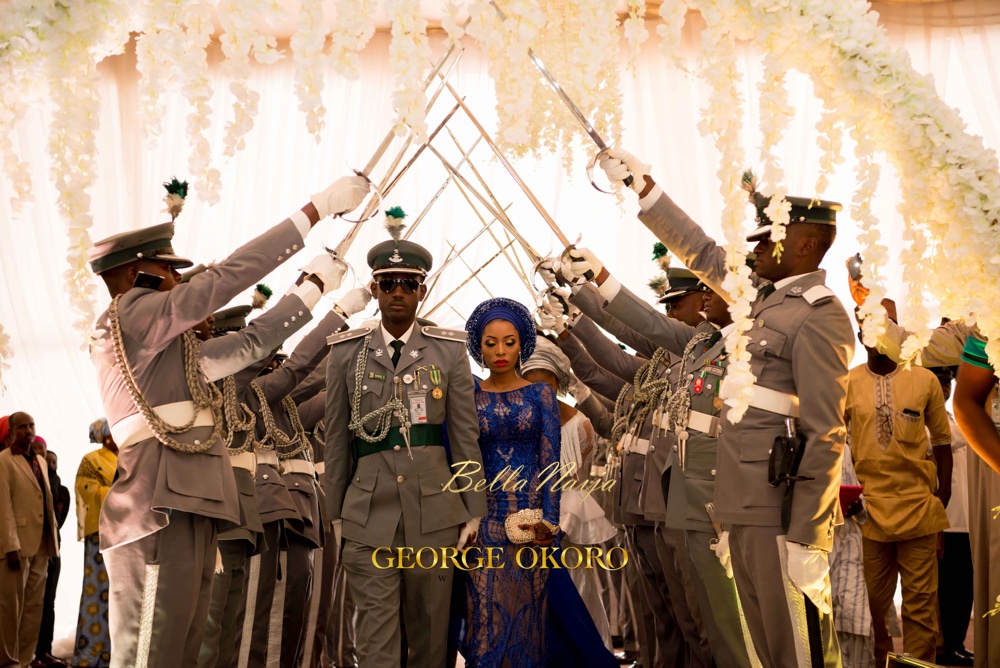
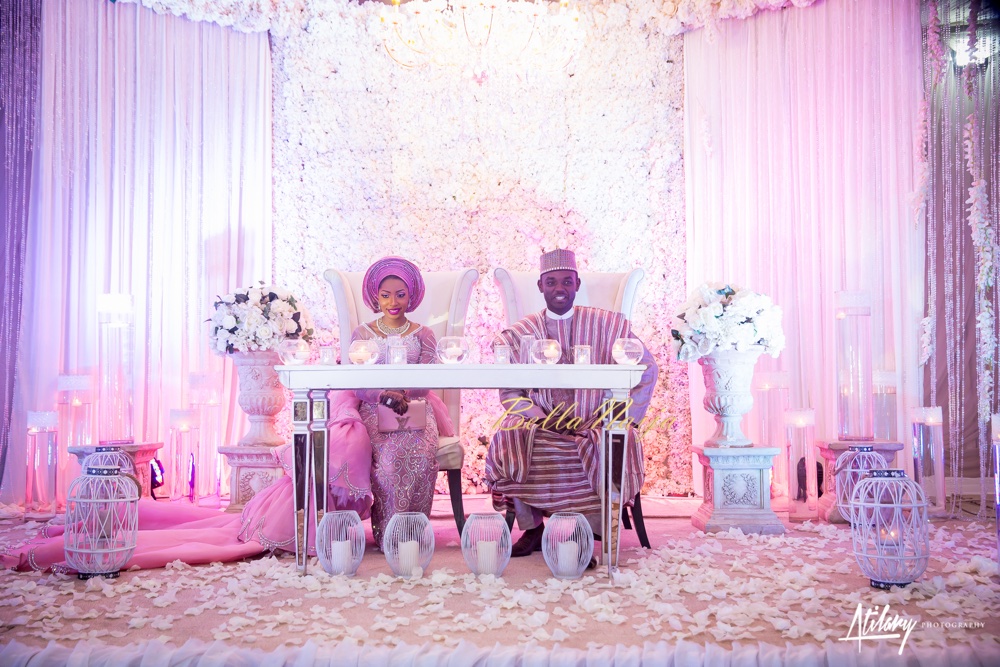
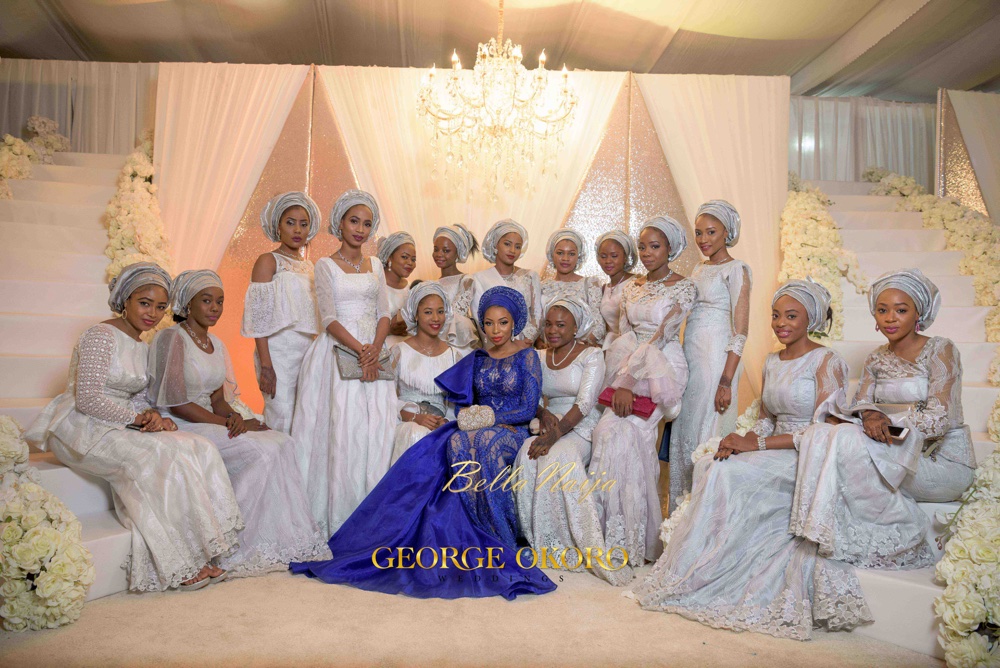


 https://www.sproutcontent.com/blog/facebook-versus-blogging-for-your-business
https://www.sproutcontent.com/blog/facebook-versus-blogging-for-your-business